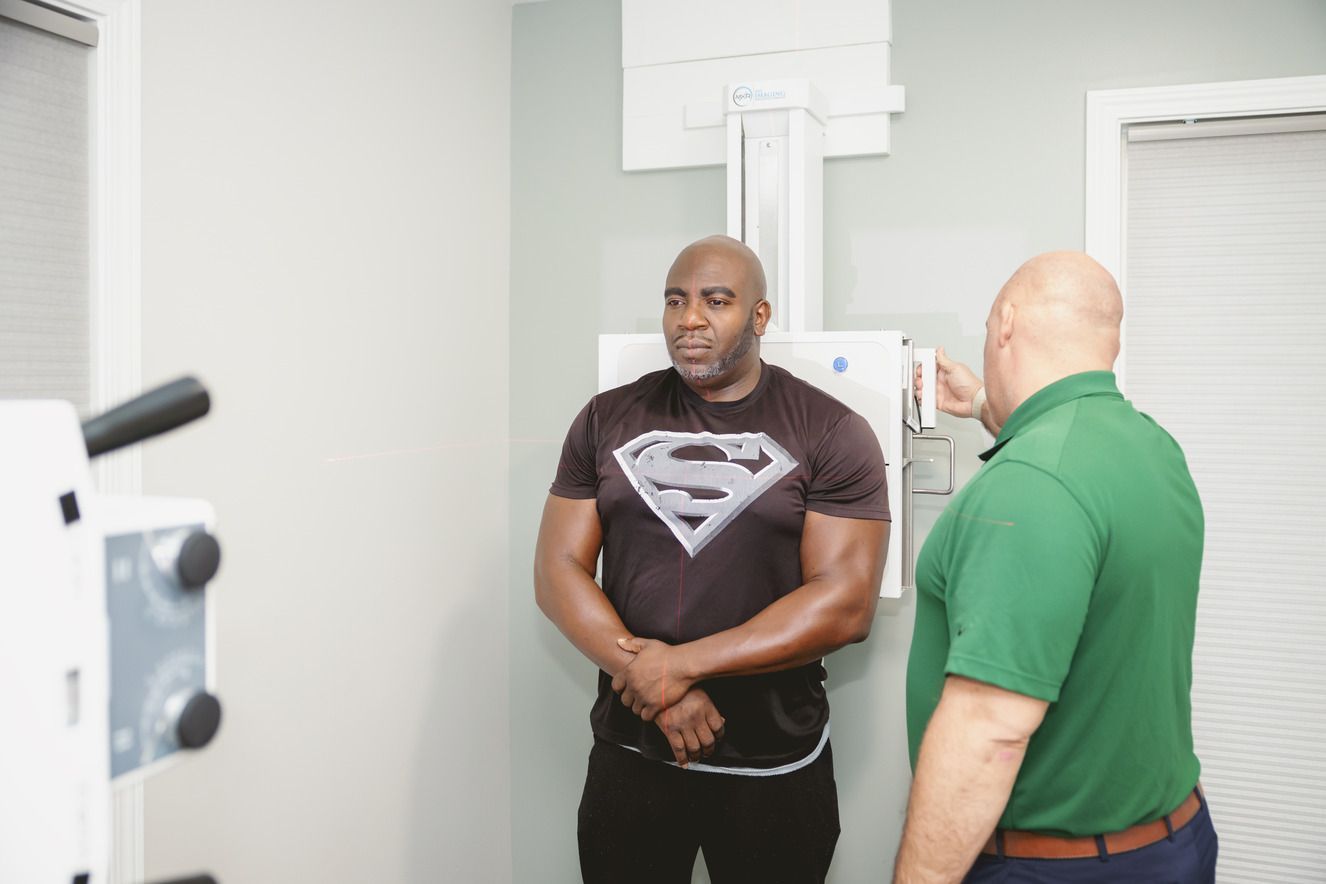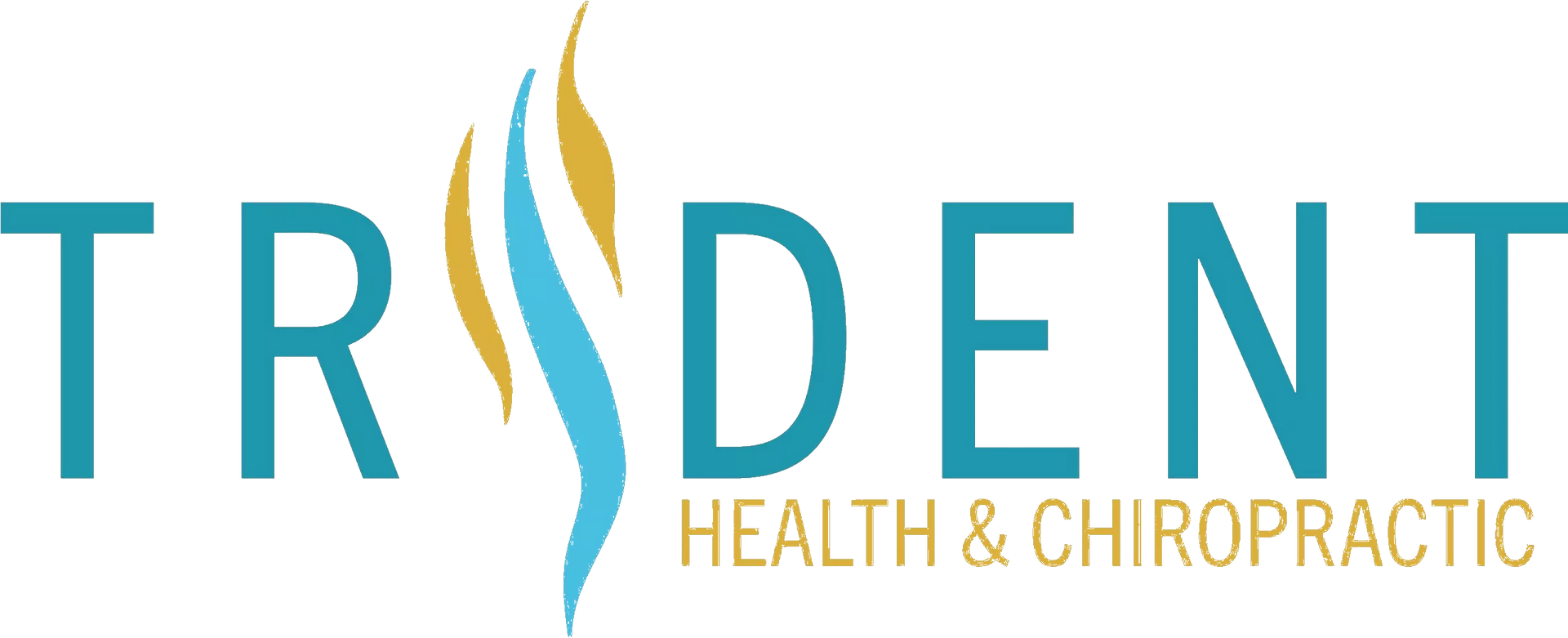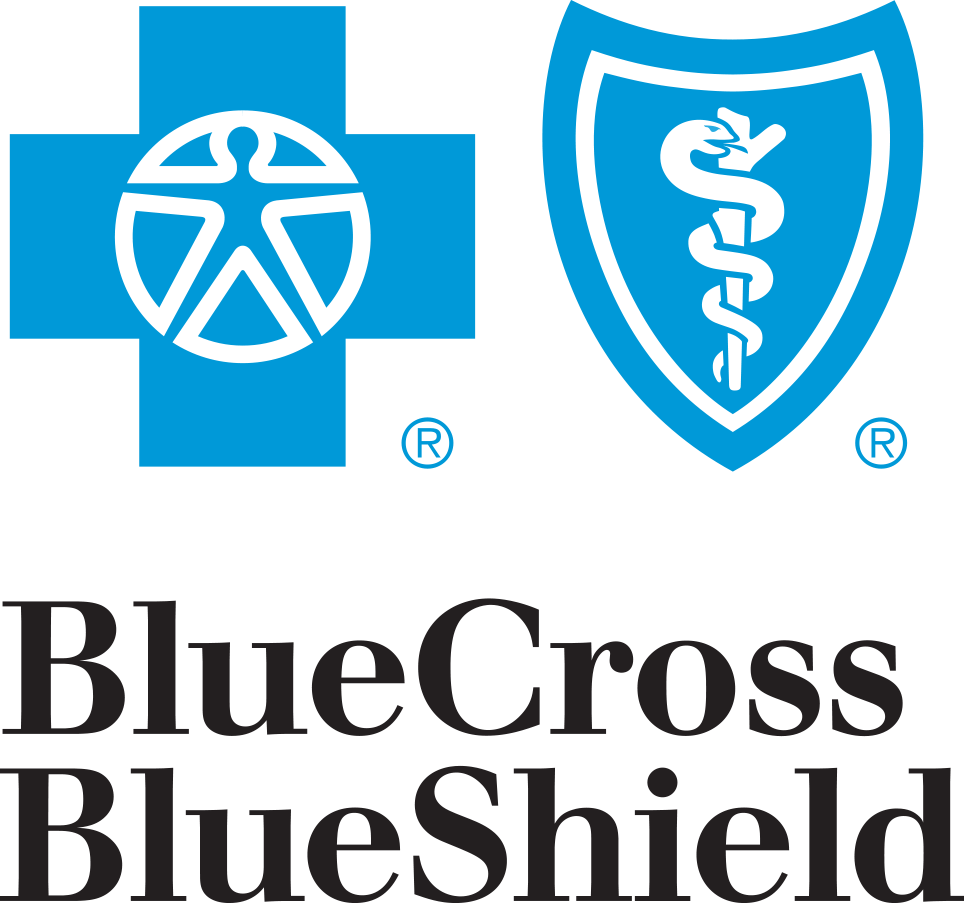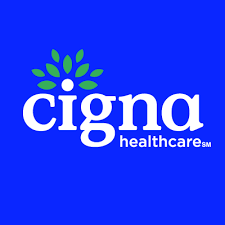An estimated one in four Americans grapples with a digestive disorder, while countless others endure daily symptoms without recognizing their connection to gut imbalances. Are you facing digestive challenges and seeking digestive health treatment in Spartanburg, South Carolina?
At Trident Health & Chiropractic we understand the complexities of digestive health and are committed to offering effective treatment options tailored to restore balance and well-being to your digestive system.
Without a doubt, the prevalence of digestive issues is on an upward trajectory annually. The primary culprits of digest health problems include:
- Dietary Habits: The standard American diet, laden with processed foods, excessive sugars and a lack of fresh fruits and vegetables, falls short of supporting optimal health. This dietary pattern is detrimental to maintaining a balanced gut microbiome, thereby exacerbating digestive issues.
- Stress Connection: The intricate relationship between stress and gut health cannot be overstated. Individuals experiencing heightened stress, anxiety, or depression are significantly more prone to developing digestive problems. Conversely, managing stress can lead to notable improvements in gut health.

Common Digestive Health Problems
Digestive problems can range from mild discomfort to severe conditions that significantly impact daily life and overall health. As mentioned, these issues often stem from factors like diet, lifestyle, stress and underlying medical conditions.
Understanding the most prevalent digestive problems can help in seeking appropriate treatment and management strategies.
Here's a look at some common conditions affecting the digestive system:
- Gastroesophageal Reflux Disease (GERD): A chronic condition where stomach acid frequently flows back into the tube connecting your mouth and stomach (esophagus), causing symptoms like heartburn.
- Irritable Bowel Syndrome (IBS): A disorder characterized by a combination of symptoms such as abdominal pain, cramping, bloating, gas, diarrhoea, and constipation.
- Inflammatory Bowel Disease (IBD): This term primarily covers two conditions—Crohn's disease and ulcerative colitis, both involving chronic inflammation of the gastrointestinal (GI) tract.
- Gastritis: Inflammation of the stomach lining, often resulting in abdominal pain, nausea and indigestion.
- Celiac Disease: An autoimmune disorder caused by a gluten intolerance that can damage the small intestine.
- Peptic Ulcers: Sores that develop on the lining of your stomach, small intestine, or esophagus, often causing pain and discomfort.
- Gallstones: Hardened deposits in the gallbladder that can block the flow of bile, causing sharp pain in the upper abdomen.
- Constipation: A common condition where an individual might have difficulty passing stool.
- Diarrhoea: Frequent loose, watery bowel movements that can lead to dehydration and electrolyte imbalance.
Each of these conditions requires a tailored approach to treatment, ranging from dietary adjustments and lifestyle changes, to medication and in some cases, surgery.
Digestive Health Treatment in Spartanburg
Addressing digestive health problems involves a multifaceted approach that combines medical treatment with lifestyle and dietary modifications. The goal is to alleviate symptoms, manage underlying conditions and improve overall gut health.
Here are some key strategies:
- Medical Treatments: Depending on the specific condition, treatments may include the use of medications such as proton pump inhibitors for GERD, anti-inflammatory drugs for IBD, or antibiotics for infections. In some cases, surgery may be necessary.
- Dietary Adjustments: Tailoring your diet to avoid trigger foods and incorporating more fiber-rich foods, probiotics and prebiotics, can significantly improve digestive symptoms.
- Stress Management: Techniques such as meditation, yoga, and cognitive-behavioral therapy can help reduce stress, which is often linked to digestive issues.
- Regular Exercise: Physical activity can help improve bowel movements, reduce inflammation and enhance overall digestive health.
- Adequate Hydration: Drinking enough water is essential for maintaining a healthy digestive system, as it helps in digestion and nutrient absorption.
Preventative Measures for Digestive Health
Prevention plays a crucial role in maintaining optimal digestive health. Implementing preventative measures can help minimize the risk of developing digestive problems.
Some effective strategies include:
- Balanced Diet: Eat a variety of fruits, vegetables, lean proteins, and whole grains to support gut health and prevent issues like constipation and diverticular disease.
- Limit Processed Foods and Sugars: These can disrupt your gut microbiome and lead to inflammation.
- Moderate Alcohol and Caffeine Consumption: Excessive intake can irritate the digestive tract and exacerbate symptoms of GERD and gastritis.
- Avoid Smoking: Smoking increases the risk of peptic ulcers, GERD, and other digestive issues.
- Manage Stress: High-stress levels can negatively impact your digestive system, leading to issues like IBS.
- Regular Physical Activity: Helps maintain a healthy weight, reduces the risk of colon cancer and promotes regular bowel movements.
- Stay Hydrated: Water is essential for digestion and helps prevent constipation.
By integrating these approaches and preventative measures into your daily routine, you can significantly improve the health and function of your digestive system.
Book Your Appointment Today
If you are seeking digestive health treatment in Spartanburg, South Carolina then we encourage you to schedule an appointment at Trident Health & Chiropractic to learn how our team can help you maintain a healthy digestive system.




